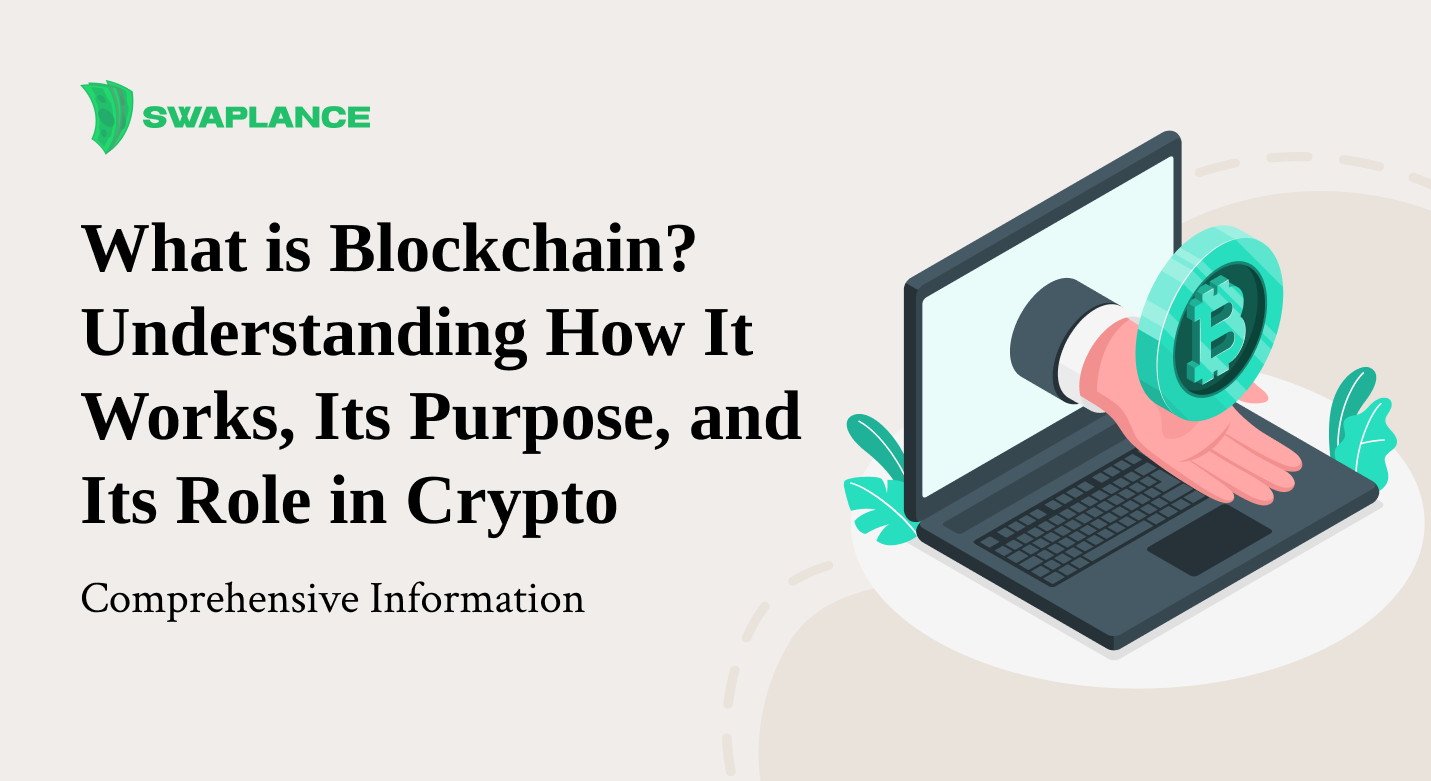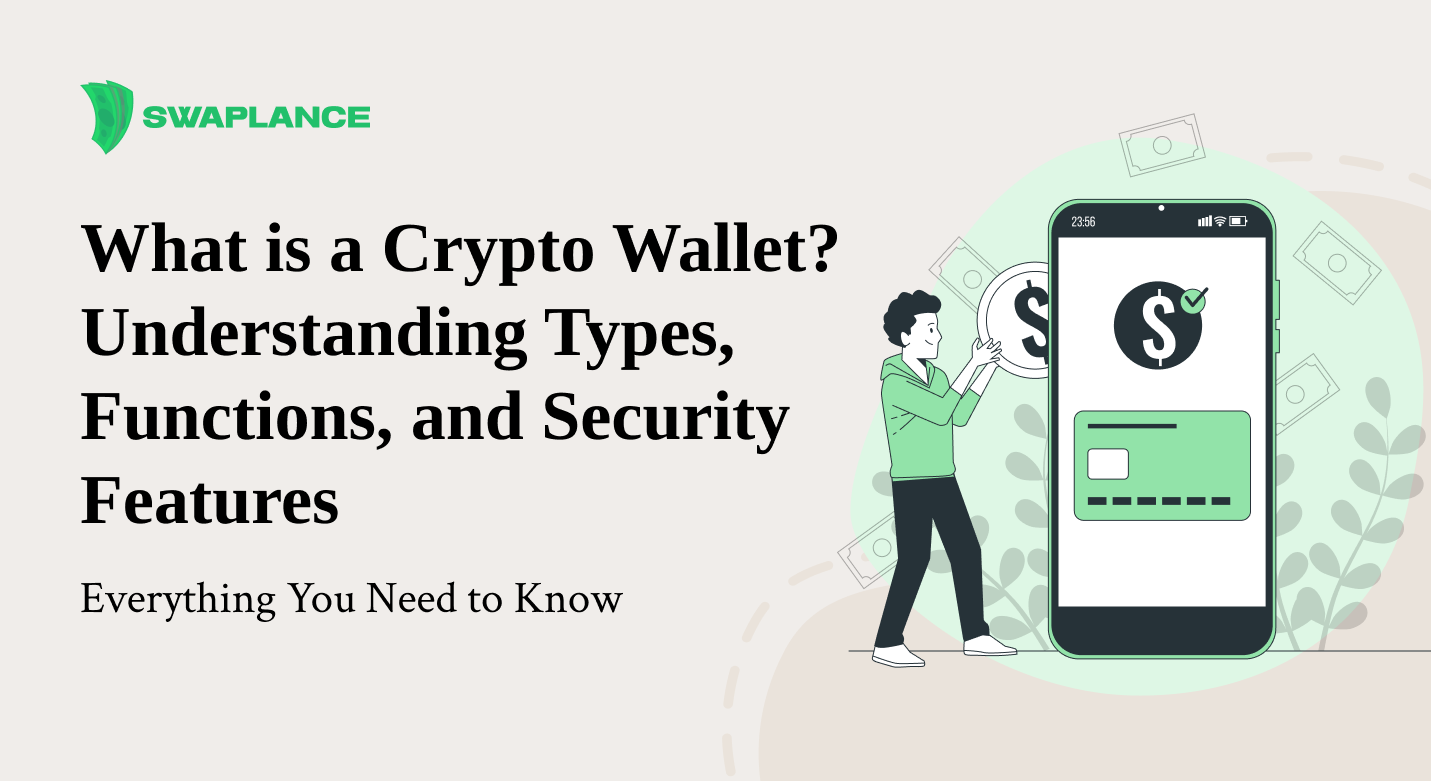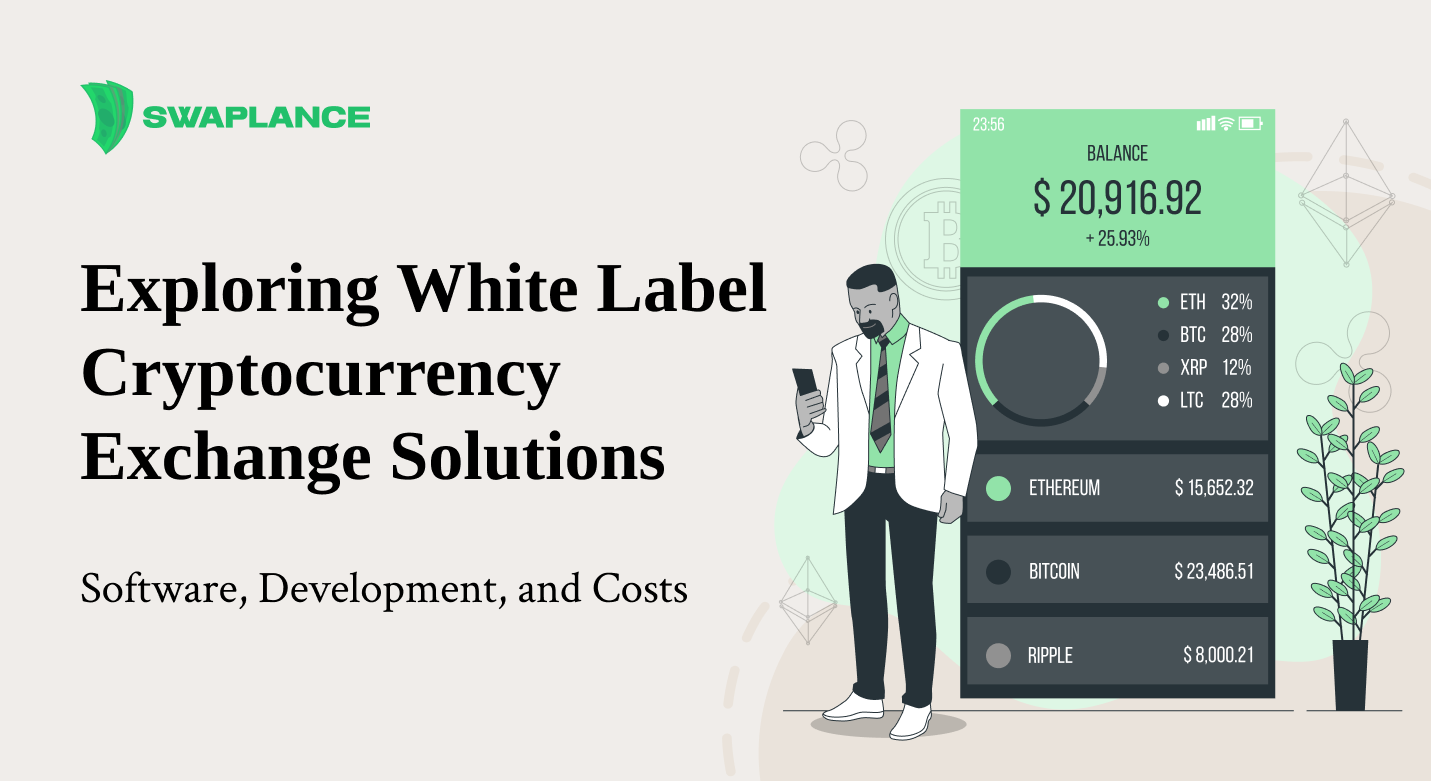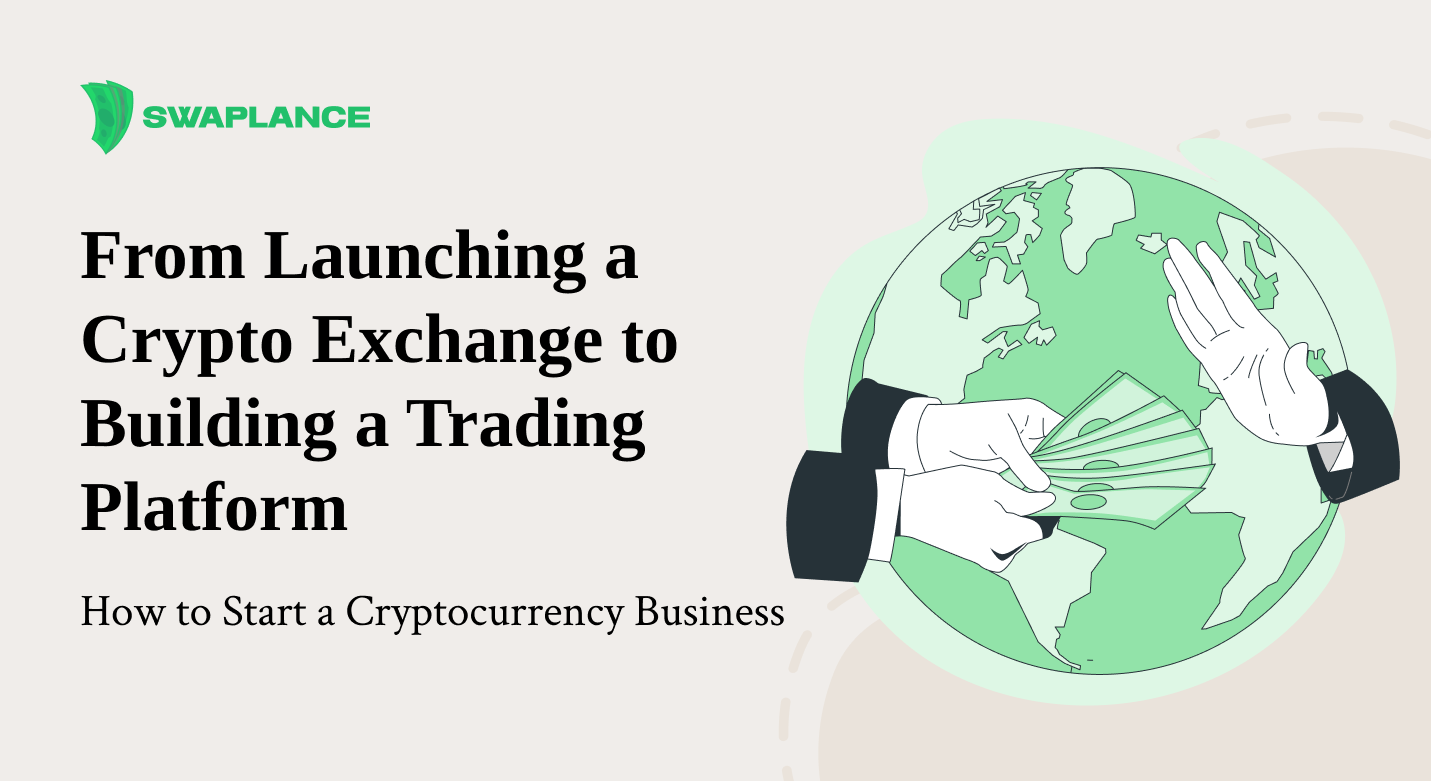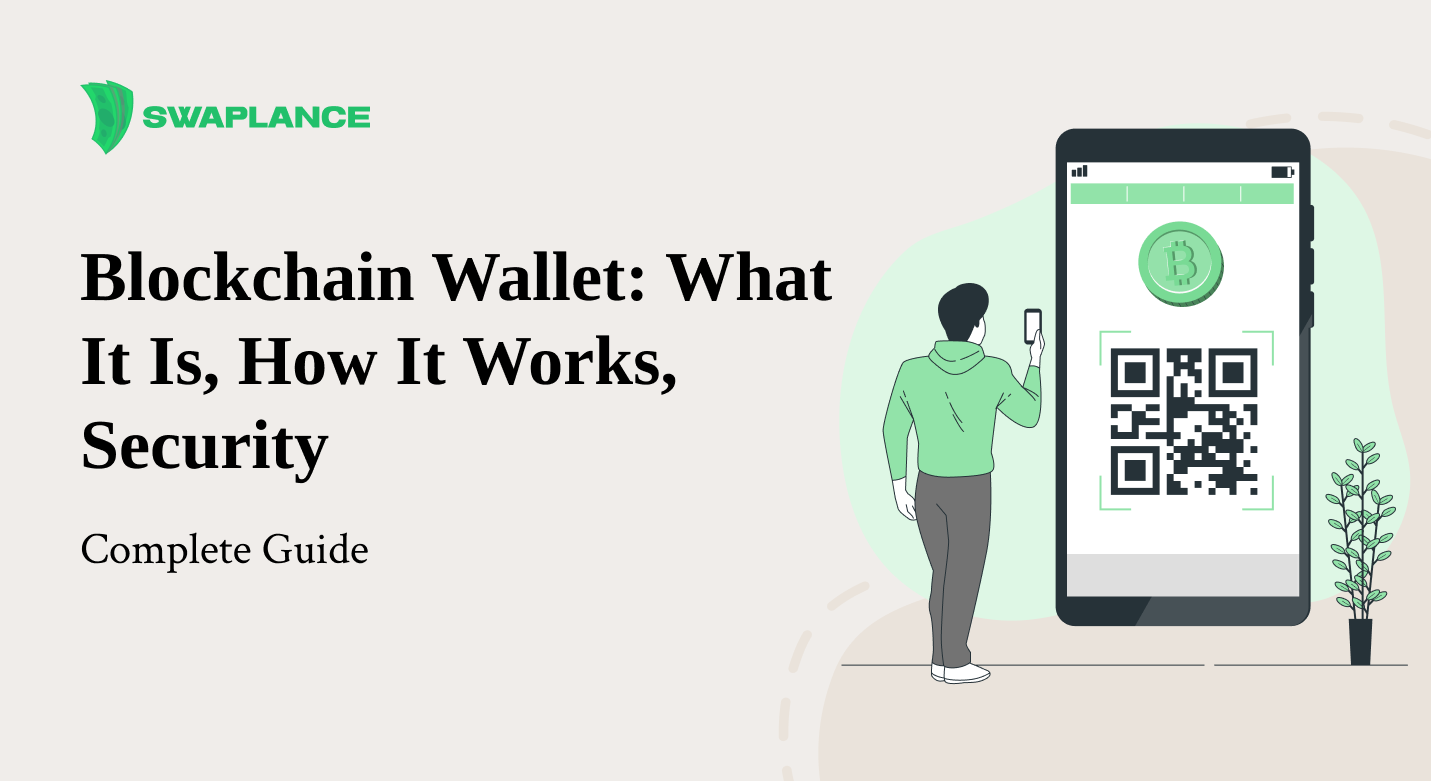
Blockchain Wallet: What It Is, How It Works, Security
Blockchain wallets are integral to managing digital assets securely and efficiently in the evolving crypto landscape. In this article, we’ll explore what blockchain wallets are, how they work, their associated fees, and the security measures in place to protect users. Additionally, we’ll discuss the best practices for effectively accessing and using a blockchain wallet.
What Is Blockchain Wallet?
A blockchain wallet is a digital tool that allows users to store, manage, and transact cryptocurrencies securely. It is essential to understanding what is wallet in blockchain as it operates by interacting directly with the blockchain ledger to track the ownership and movement of digital assets. Unlike traditional wallets, blockchain wallets don’t store physical currency but instead store cryptographic keys that provide access to a user’s funds.
There are two main types of blockchain wallets: hot wallets, which are connected to the internet, and cold wallets, which are offline and provide enhanced security. When considering what is a crypto wallet, it’s important to note that blockchain wallets often support multiple cryptocurrencies, making them a versatile tool for crypto traders and investors.
By grasping what is blockchain wallet, users can unlock the potential of decentralized finance (DeFi), making transactions quicker, more transparent, and tamper-proof.
Creating a Blockchain DeFi Wallet
Many wonder, how do I get a crypto wallet? The process is straightforward. First, choose a reputable wallet provider that supports the cryptocurrencies you plan to use. Options include software wallets (mobile or desktop apps) and hardware wallets for higher security.
Here are the steps for how to create a blockchain wallet:
- Download and install a trusted wallet application or purchase a hardware wallet.
- Register an account by creating a secure password and storing your private key or seed phrase in a safe place.
- Verify your wallet and configure settings, such as enabling two-factor authentication (2FA).
If you’re curious about how to get a crypto wallet, platforms like Swaplance offer freelance experts who can guide you through the process, ensuring a seamless setup tailored to your needs.
Using a Blockchain DeFi Wallet
Understanding what is DeFi wallet in blockchain is crucial for making the most of decentralized finance. A DeFi wallet, unlike traditional wallets, enables users to engage in peer-to-peer financial activities without intermediaries, such as banks or financial institutions.
When exploring how to use a blockchain wallet, users can:
- Store and manage multiple cryptocurrencies securely.
- Send and receive funds globally with ease.
- Interact with DeFi platforms for staking, lending, or liquidity provision.
A DeFi wallet empowers users to maintain full control over their assets, reinforcing the decentralized ethos of blockchain technology. For those asking, what is a defi wallet, it’s more than just a wallet; it’s a gateway to decentralized financial services.
Fees Associated with Blockchain DeFi Wallet
One common concern among users is understanding blockchain wallet fees. These fees vary depending on the type of transaction and network congestion. Common fees include:
- Transaction fees: Paid to miners or validators for processing transactions.
- Exchange fees: Incurred when converting cryptocurrencies within a wallet.
- Withdrawal fees: Charged when transferring funds to an external wallet or bank account.
If you’re wondering, what are fees for a crypto wallet, these can also depend on the wallet provider. It’s advisable to compare wallets to find one with reasonable costs and high reliability.
Security of the Blockchain DeFi Wallet
Blockchain wallet security is a critical aspect of safeguarding digital assets. Wallet providers incorporate several security features of blockchain wallet to protect users, such as encryption, multi-signature (multi-sig) functionality, and 2FA.
However, many users ask, is my crypto wallet safe? The answer lies in how securely private keys are managed. Private keys should never be shared or stored online. Using cold wallets can significantly enhance security by reducing exposure to online threats.
For users concerned about safety, Swaplance freelance experts can help audit your wallet’s security setup and provide tailored recommendations.
Is the Blockchain Wallet Safe to Use?
A common question is if the blockchain wallet is safe. While blockchain wallets are generally secure, they are not immune to risks. Some risks of using a crypto wallet include:
- Phishing attacks that trick users into sharing private keys.
- Loss of private keys or seed phrases, which leads to permanent loss of funds.
- Malware or hacking attempts targeting hot wallets.
Choosing reputable wallet providers, enabling advanced security settings, and using hardware wallets for significant funds can mitigate these risks effectively.
How Can I Access My Blockchain Wallet?
If you’re wondering how to access my blockchain wallet, it typically involves entering your credentials into the wallet application and verifying your identity through 2FA or biometrics.
For those asking how to log in to a crypto wallet, ensure you’re accessing it through the official platform to avoid phishing attempts. Keep your seed phrase securely stored offline, as it serves as a backup to restore wallet access if needed.
Blockchain wallets offer unparalleled convenience for managing digital assets, provided they are used responsibly and securely.
By leveraging blockchain wallets, users can enjoy the benefits of decentralized finance while maintaining control over their funds. Embracing blockchain technology and its robust wallet ecosystem is a crucial step toward unlocking the future of finance.
Common questions
-
What is a blockchain wallet and how does it differ from a traditional wallet?A blockchain wallet is a digital tool that allows users to securely store, manage, and transact cryptocurrencies. Unlike a traditional wallet that holds physical currency, a blockchain wallet stores private and public cryptographic keys, which provide access to digital assets recorded on a blockchain. It enables peer-to-peer transactions without intermediaries, offering faster, more secure, and transparent operations. Additionally, blockchain wallets can support multiple cryptocurrencies, making them more versatile than traditional wallets.
-
What security measures should I take to protect my blockchain wallet?To protect your blockchain wallet, use a strong and unique password to secure access and enable two-factor authentication (2FA) for an additional layer of protection. Store your private keys offline in a secure location, such as a hardware wallet, to minimize the risk of hacking. Be cautious of phishing attempts by avoiding suspicious links and verifying the authenticity of websites or wallet applications. Regularly update your wallet software to ensure you have the latest security features. Finally, consider using a backup phrase and storing it securely to recover your wallet in case of loss or theft.
-
How do I create and manage my blockchain wallet effectively?To create a blockchain wallet effectively, choose a reputable wallet provider and decide whether you need a hot wallet (online) or a cold wallet (offline) based on your usage needs. Follow the provider’s setup instructions, which usually include creating a strong password and securely storing your backup phrase. To manage your wallet efficiently, regularly monitor your transactions, ensure wallet software is up-to-date, and use two-factor authentication (2FA) for added security. Organize your cryptocurrency holdings and consider diversifying across wallets for better risk management. Additionally, stay informed about potential scams and best practices to safeguard your assets.
 Mark Petrenko
Mark Petrenko 